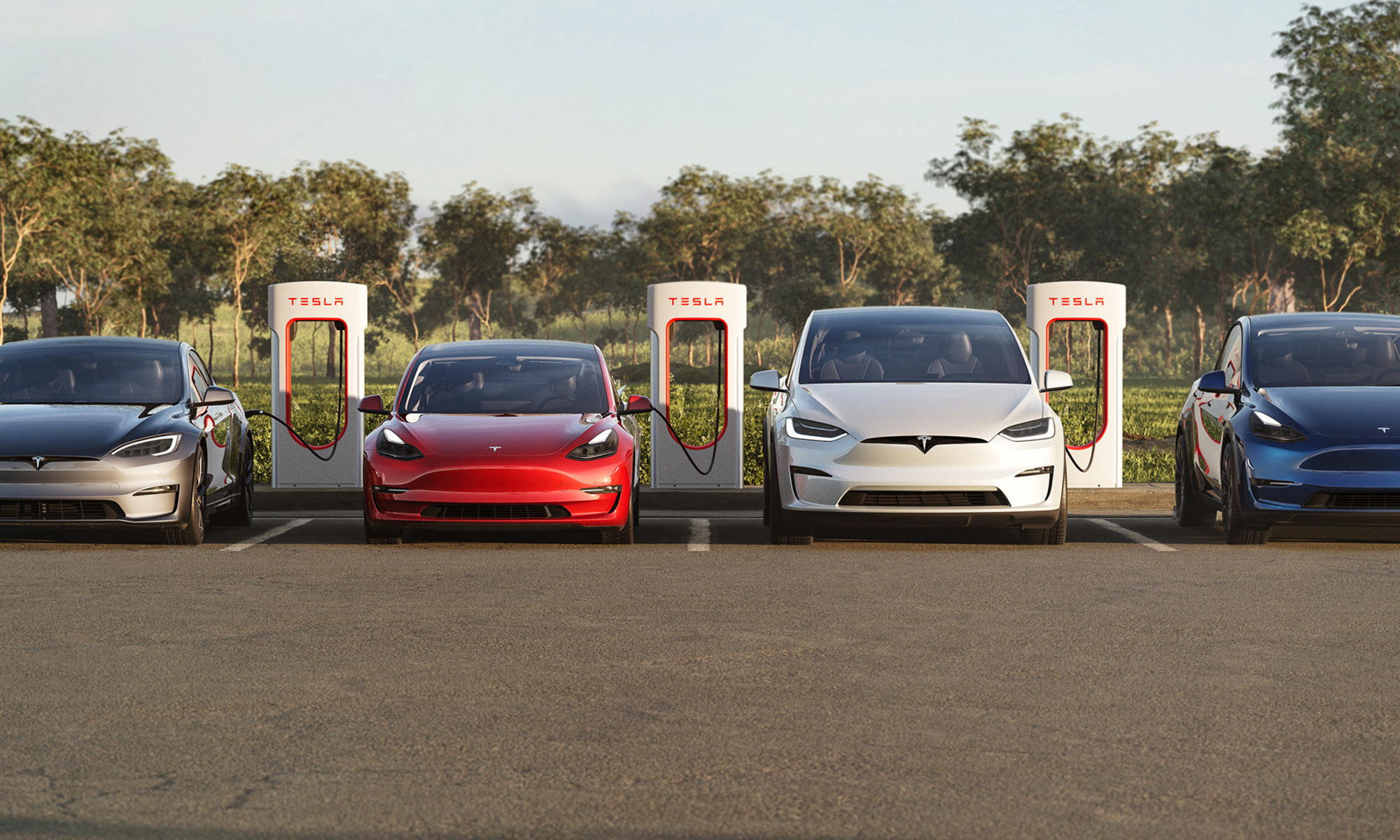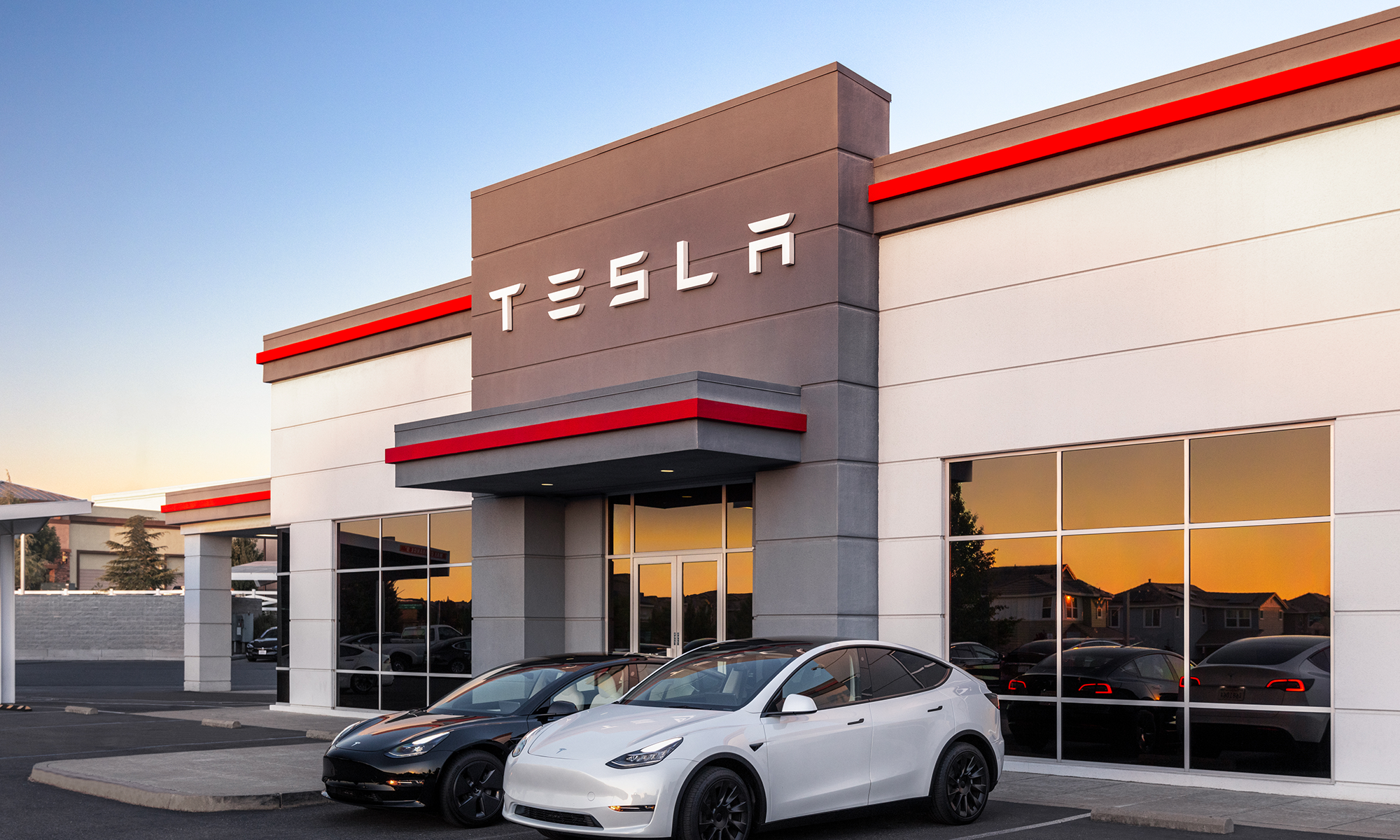
Source: Bloomberg.
New York University finance professor Aswath Damodaran has done his math. By his estimates, Tesla Motors (TSLA +0.96%) is worth $67.12 per share -- far below its market price around $168. This is great news for investors shorting the stock, right? Not necessarily. The stock may be wildly overvalued by his calculations, but he has no plan to short the stock.
Shorting on the basis of overvaluation is a gamble
It's intriguing that Damodaran, often referred to as the "valuation expert," doesn't feel compelled to short Tesla. After all, he thinks shares are trading about 2.5 times higher than they should be. Even so, two times in his latest blog post on Tesla he expressed that he would not short Tesla.
- "I don't have a short position on the stock, and don't plan to."
- "Given my fear of getting whipsawed in the momentum game, I would not sell short either."
Instead, his conclusion focused on potential Tesla investors: "but all I would take out of that valuation is that I would not buy Tesla at today's price."
When it's all said and done, to short a stock simply because it's overvalued is a dangerous game.
John Del Vecchio and Tom Jacobs' thoughts on short-selling provide some of the most coherent reasoning on this mentality. In their book What's Behind the Numbers? John and Tom explain:
This book does not advocate or explain shorting or selling based on overvaluation. ... Why are these poor bases for shorting? Because overvaluation can continue indefinitely. ... Shorting or selling on those bases is simply too hard, risky, and unnecessary. We recommend waiting until there is aggressive revenue recognition, weakening balance sheets, and deteriorating cash flow trends. It's the flipside of value-with-catalyst, which is fundamental analysis of value combined with a catalyst for stock market buying to boost the price to realize that value. So, too, on the short side. Wait until there are negative catalysts for profits in the near future -- a year or two at most, the rough time period that the value-with-catalyst investor seeks. It's easier and more effective, the equivalent of "don't fire until you see the whites of their eyes."
Tesla currently sells every car it can make. There aren't any near-term negative catalysts in sight. In fact, profitability is expected to increase dramatically over the next two quarters. Even more, a close look at the financial statements and commentary from management in earnings calls reveals that Tesla's ambitious aspirations for high levels of profitability are basically already in the bag.
Sure, Tesla may be overvalued. But shorting Tesla at today's market price is just as much of a gamble (maybe even more) than buying Tesla.






